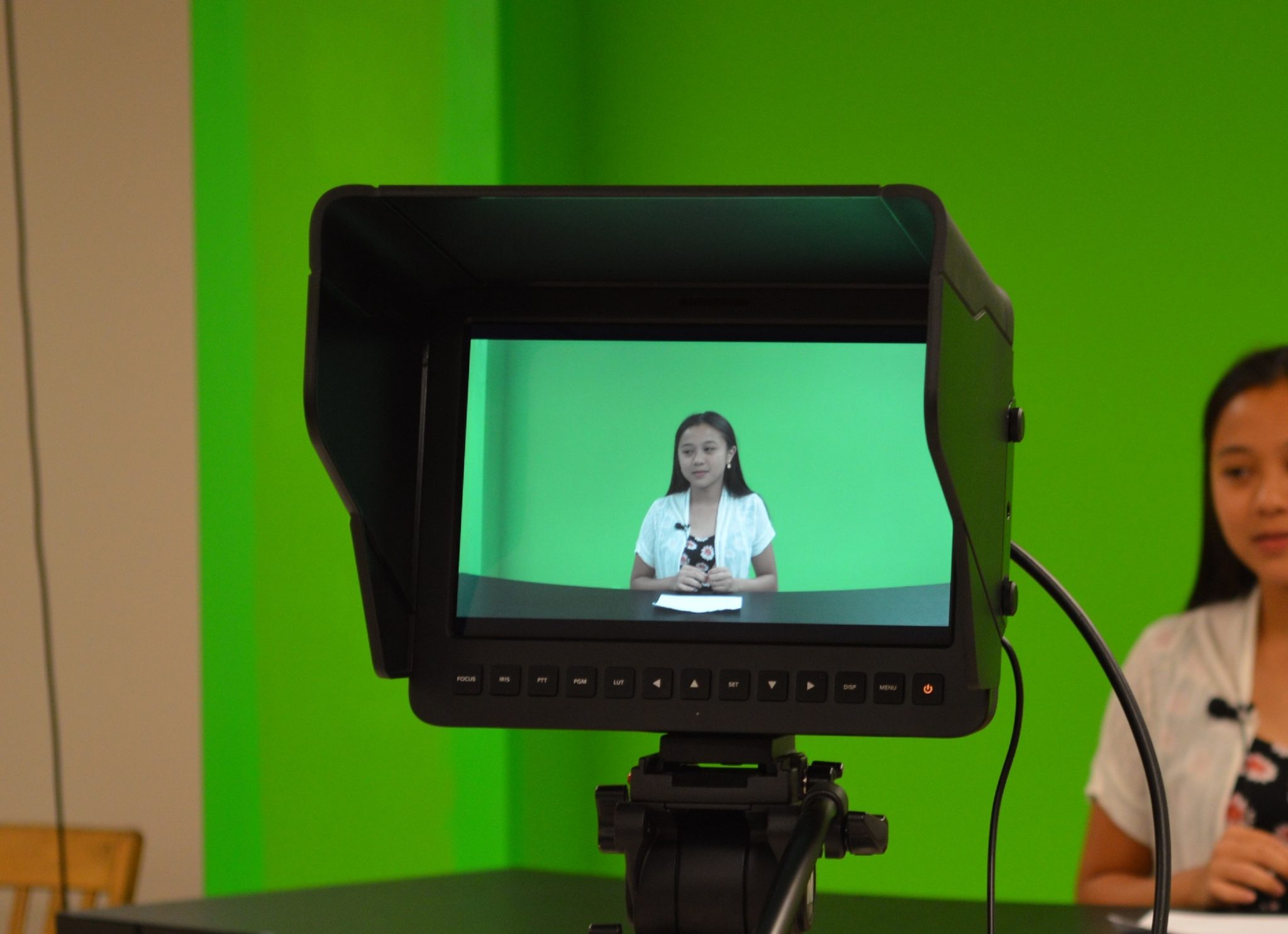
On Sept. 16, Leadership announced the newly elected freshman class officers. Michele Danigelis was elected president, Kimberly Woo was elected vice president, Anjali Bobba was elected secretary, and Anna Zhang was elected treasurer.
A total of eight candidates ran this year. Candidates entered the race by Sept. 2, but the process itself began well before that. In mid to early August, freshman candidates were busy preparing their applications for office, in which they had to cite their leadership experience, background information, and submit a teacher recommendation form.
Sept. 8. marked the beginning of campaigning. On Sept. 11, candidate speeches were sent out to the freshman student body with online voting occurring on Sept. 14 and 15.
Given these early election deadlines, Freshman presidential candidate Kristopher Velisano believes that there are too many events for freshman to focus on in the first few weeks of school that interfere with the election process, saying, “I think elections should be a month and a half after school begins. When I looked for the presidency [information], it was very hard to find. It took me the whole weekend just to find out [about the process].”
Freshman Jana Ghaddar explains what qualities she favors in a candidate, saying, “I look for someone who has confidence and who looks responsible but also someone who looks enthusiastic and can make the year more fun by planning fun events. I also look for someone who can have good communication with students.”
Aragon’s Leadership recently implemented a number of new election procedures, such as online voting, that they believe will help make student participation in the elections better organized and thus more democratic.
When asked if online voting made it easier and more likely for her to vote, Ghaddar says, “I do not think so because a lot of people did not hear about it and so they did not get a chance to vote like me. However, it seems more convenient.”
Melissa Perino, Aragon’s Leadership teacher, has helped facilitate the elections in the past. She reflected on the new technological changes in this year’s elections compared to those of past years, saying, “In the past, candidates never had to give a campaign statement or a platform for the changes that they wanted to implement. Last year, we started some new changes and one of the changes is that they now have to do a campaign statement, which is put in a public place, which lists what position students are running for, why they’re running for office. In addition, they had to film a 30 to 60 second video statement that was emailed to the freshman class. We also changed the voting process to be electronic, which allows kids to vote on their own time.”
Perino hopes that these improvements to the process made this election as well as future elections more fair, saying, “I do think that the (new) visibility pieces are a huge factor and that the students who are running for office have to really clearly outline why they’re qualified and why they should best represent their class.”
Perino also attributes the shift to online voting as a way of increasing voter participation, adding, “We are trying to steer away from the elections being a popularity contest. I think that in general that the more convenient you can make voting, the greater the outcome or participation. If we can make it easy for people to vote, [we are] going to have a better turnout.”



